-
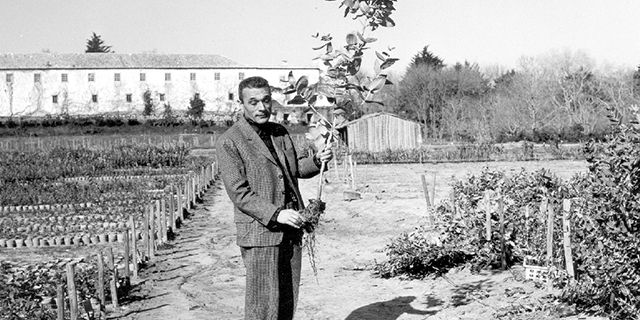
1962
The Swedish Company Billerud AB starts forestry activities in Portugal
-
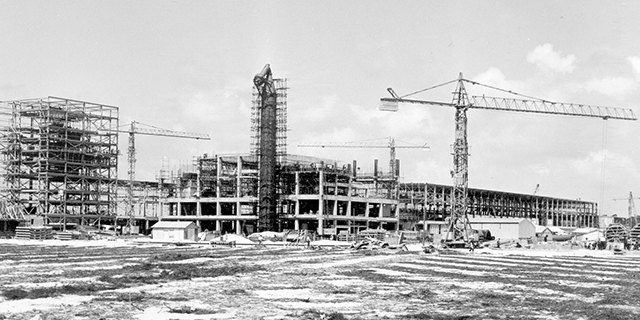
1965
Celulose Billerud SARL was established by initiative of the Swedish company Billerud AB (71%) in association with one of the largest Portuguese groups at that time - Companhia Unia?o Fabril (23%) and a group of local wood producers (6%).
-
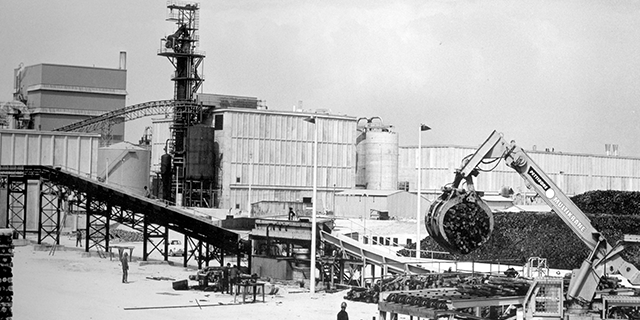
1968
Celbi started up producing soluble pulp, intended for the production of textile fibres, with a maximum capacity of 80 000 tons. The decision of producing soluble pulp would be revised in the first years of production and the mill was adjusted to produce pulp with a capacity of 120 thousand tons per year.
-
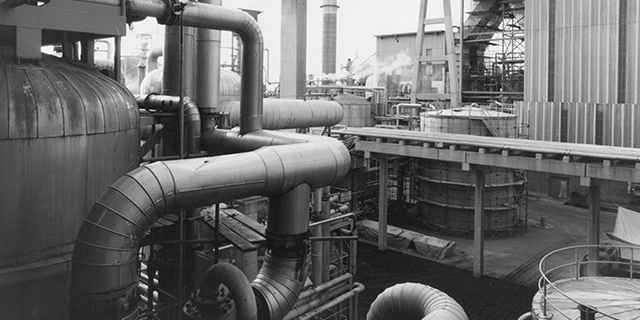
1970
The company name was changed to Celulose Beira Industrial (Celbi), SARL
-
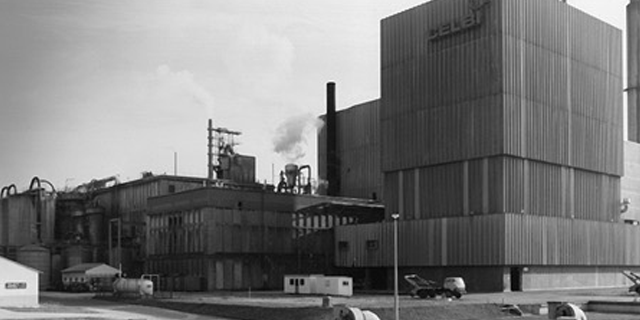
1975
The Portuguese State nationalizes all the Portuguese shares, thus becoming owner, through IPE (Institute for Corporate Investments and Participations).
-
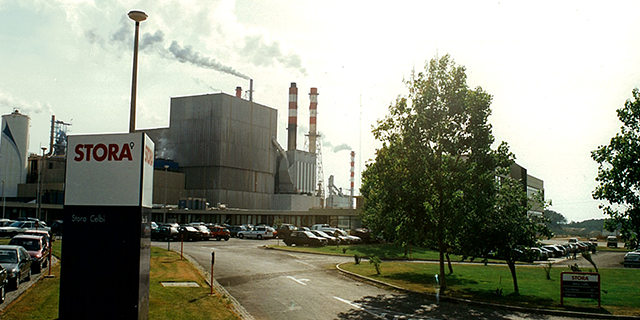
1984
Several mergers and acquisitions in the forest sector in Sweden transferred 71% of Celbi’s capital to the Swedish group STORA.
-
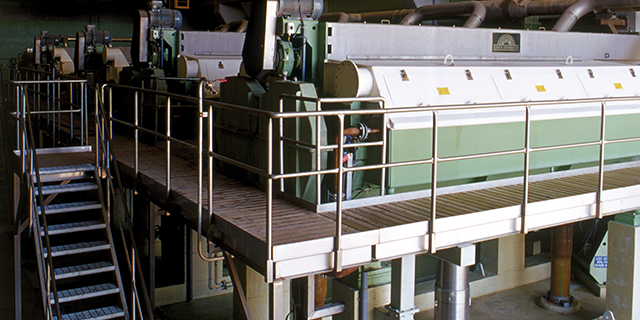
1995
Stora Group buys the total shares of Celbi to the Portuguese government and holds 100 % of the capital. Celbi changed its name to Stora Celbi Celulose Beira Industrial, SA.
-
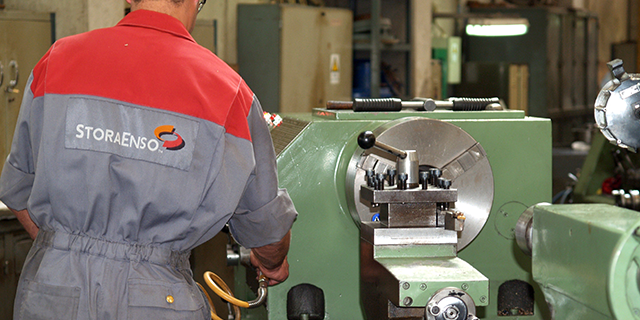
1998
Merger between Stora (Swedish) and Enso (Finnish), wherefrom the Group Stora Enso was originated. This Group is one of the leaders in manufacturing and marketing of forest products. CELBI got back its former name.
-
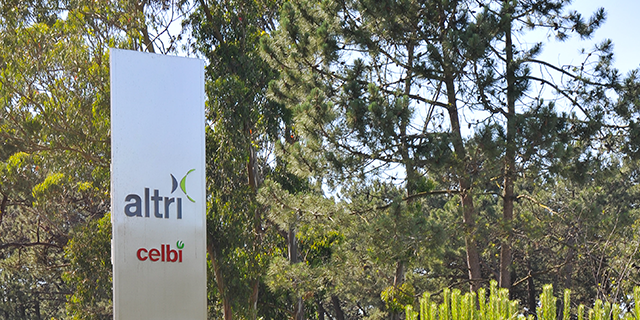
2006
In July it is announced that the Altri Group is the winner of the tender for the sale of Celbi’s shares. The business was finalised in August 2006.
-

2007
Signing of the Investment Agreement with the Portuguese Association of Investment (API) designed to increase the pulp production capacity from 300,000 to 550,000 tons per year.
-
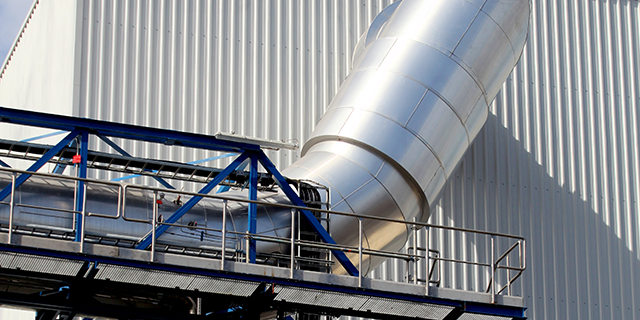
2013
In November, it is signed with AICEP, the Investment Agreement for the C15 project, aimed at increasing efficiency and competitiveness.
-
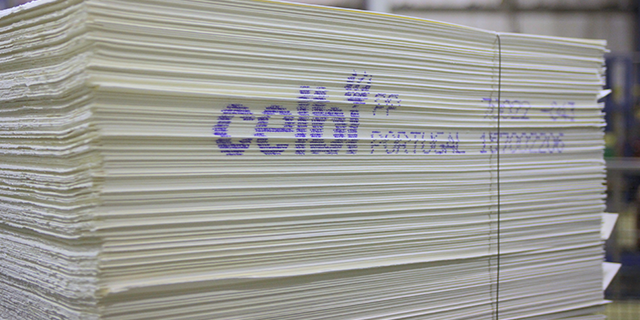
2014
Celbi reaches a new record for annual production of 687,000 tons of bleached eucalyptus pulp.